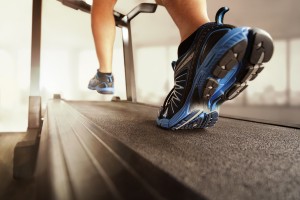Any blog on laughter would be incomplete without the repeating the phrase “laughter is the best medicine”. This statement actually does have some truth to it – both short term and long term. Laughter and laughing is defined as the noise made when one expresses amusement at something. This expression of amusement can impact not only mental health, but physical health as well. The short term benefits of laughter include the following:
- Muscle relaxation (that can last up to 45 minutes)
- Improved circulation (benefitting organ function)
- Increased oxygen consumption (which may aid with conditions of the lung)
- Decreased anxiety during an anticipatory period (e.g. Before an exam)
- Lightened mood
The long – term benefits of laughter include:
- Decreased blood pressure overall
- Decreased production of the stress hormone cortisol
- Improved immune function through increased production of natural killer cells, antibodies, interferon, and T cells (can kill tumor cells, bacteria, and viruses).
- Increased pain tolerance due to increased production of endorphins
- Improved mood and decreased depression
- Improved coping in stressful situations
How much laughter will help?
The research varies in how much laughter is necessary to achieve results. Some research has shown that 10 minutes of laughing can cause 2 hours of pain free sleep. However, other research studies have shown that it was following an hour and a half comedy that benefits were achieved. The ultimate answer is that there is not a definitive amount of time of laughing that will aid with overall health. Keeping a light heart and laughing when possible is what seems to be the best advice that can be given with the research at hand.
Have you benefitted from reading this blog? Know someone that would benefit as well? Share, Like, Comment, or Tweet this article, and let me know what you think.
Some of the information provided above may not be appropriate for everyone, please consult with your doctor before trying any of the above. If you are interested in Naturopathic Medicine and wanting a different approach to your health care needs, contact Dr. Elisha Cook ND by calling 519-537-7058 and book your appointment today!
References:
http://www.hindawi.com/journals/ecam/2008/904752/abs/
http://psycnet.apa.org/psycinfo/2001-01085-003
http://www.cfp.ca/content/55/10/965.short#sec-2
http://digitalcommons.wku.edu/cgi/viewcontent.cgi?article=1008&context=nurs_fac_pub
http://users.skynet.be/bs939021/artikels/humor%20laughter%20physical%20health.pdf
http://www.mayoclinic.org/healthy-lifestyle/stress-management/in-depth/stress-relief/art-20044456



